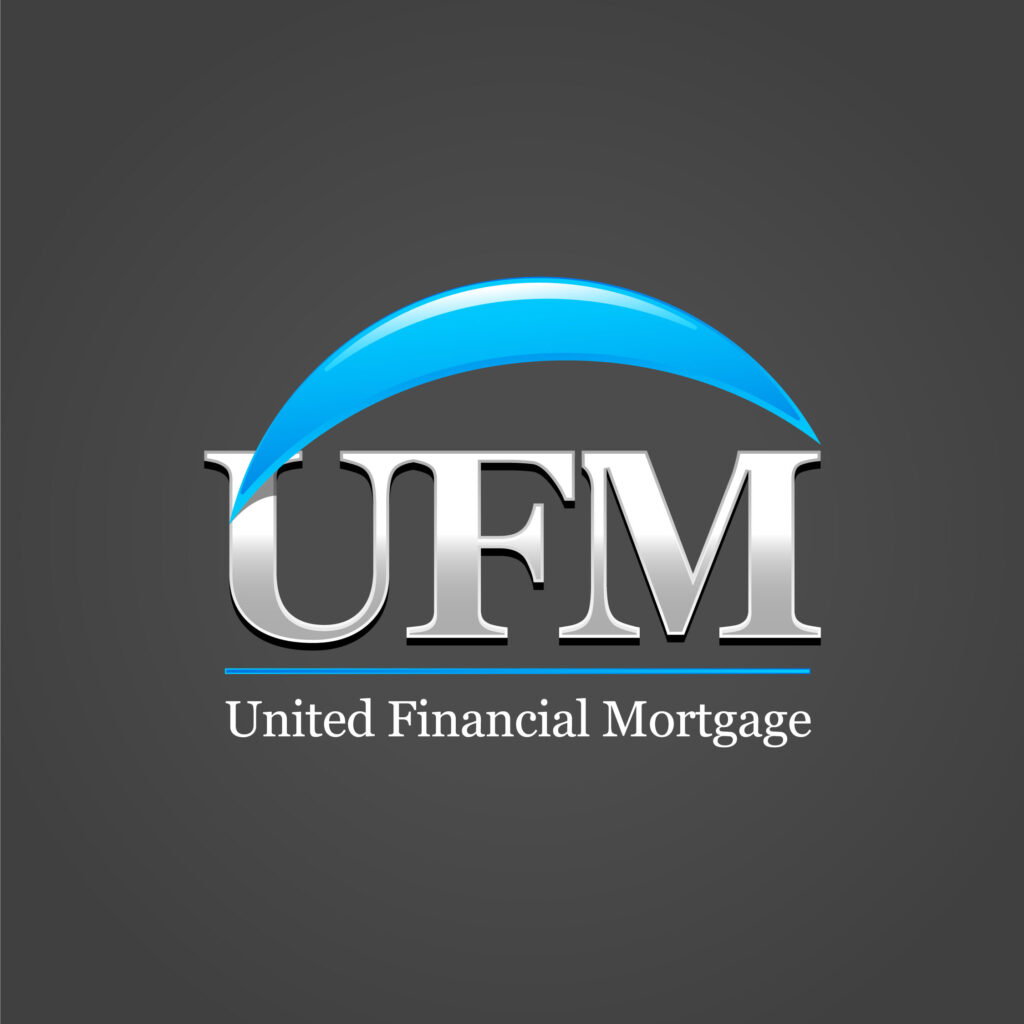A conventional mortgage is a type of home loan that is not insured or guaranteed by a government agency, such as the Federal Housing Administration (FHA) or the Department of Veterans Affairs (VA). These loans are typically offered by private lenders like banks, credit unions, and mortgage companies.
Key Features of Conventional Mortgages:
- Down Payment: Conventional mortgages often require a higher down payment compared to government-backed loans. Typically, borrowers need to put down at least 3% to 20% of the home’s purchase price. But at United Financial Mortgage, we have 0%-down-payment mortgages available as well.
- Credit Requirements: Lenders generally require a higher credit score for conventional mortgages, often a minimum of 620 or higher. The better your credit, the more favorable the terms you’ll likely receive.
- Loan Limits: Conventional mortgages are subject to loan limits set by the Federal Housing Finance Agency (FHFA). In 2025, the standard conforming loan limit is $806,500 for most areas, but it can be higher in more expensive regions.
- Private Mortgage Insurance (PMI): If the borrower puts down less than 20% of the home’s value, they are usually required to pay for private mortgage insurance (PMI) until their equity in the home reaches 20%.
- Types: Conventional loans can be either conforming (meeting the FHFA guidelines) or non-conforming (not meeting those guidelines, such as jumbo loans that exceed the loan limits).
- Interest Rates: The interest rates on conventional mortgages are typically competitive, and can be fixed or adjustable, depending on the loan type and the borrower’s qualifications.
Conventional mortgages are popular because they offer flexibility in terms of loan amounts, property types, and the borrower’s financial situation, though they often require stronger financial standing compared to government-backed loans.
